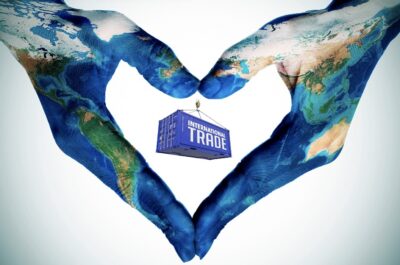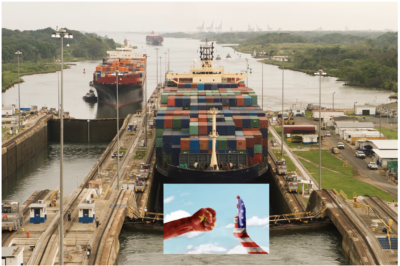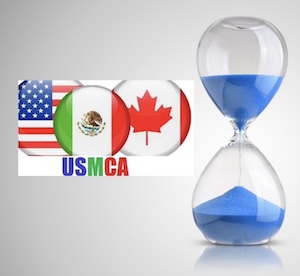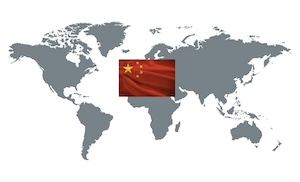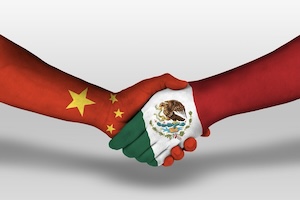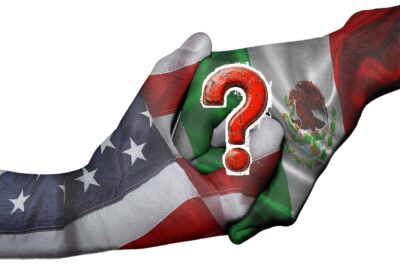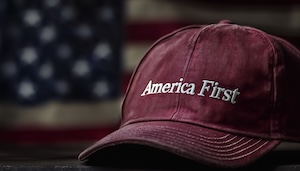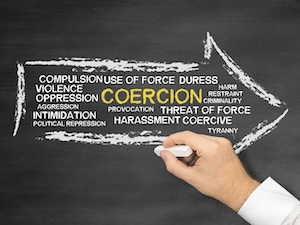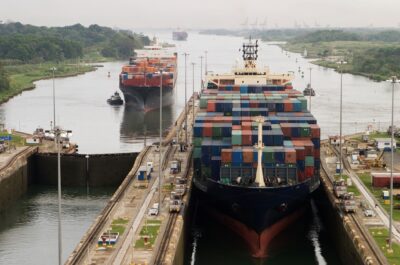
Chaebols May Wabble but They Don’t Fall Down How Samsung Became 23% of South Korea’s GDP
By Bob Brewer, Braumiller Law Group
Chaebols are large, family-owned business conglomerates that play a significant role in South Korea’s economy. These conglomerates have a significant influence on the South Korean economy and are often involved in various government decisions. This rather close relationship has resulted in not just mutual support, but the government providing subsidies, loans, and tax incentives.

